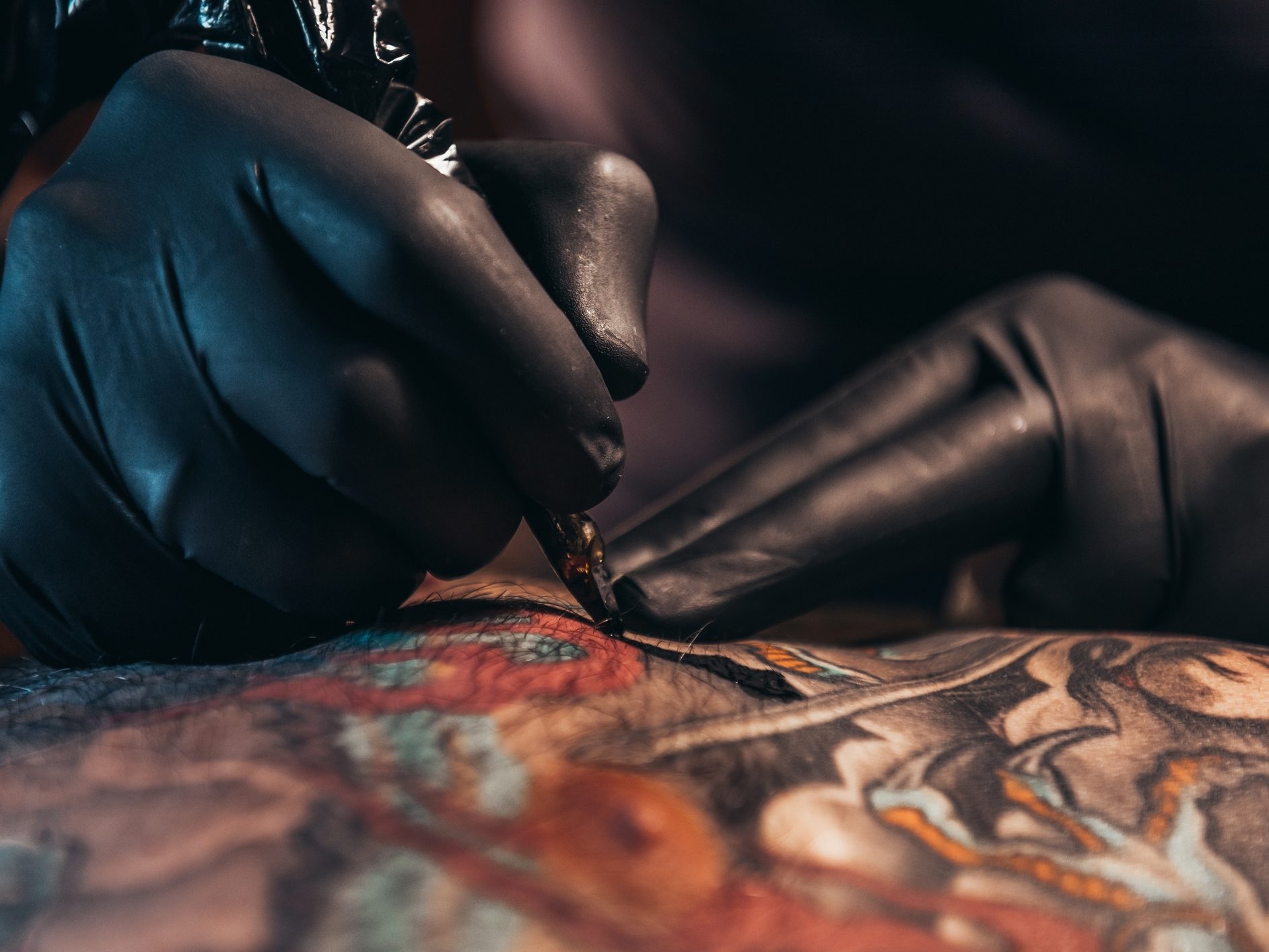More than one-third of the tattoo and permanent makeup inks sold in the United States are contaminated with bacteria, a new study found. Researchers from the U.S.
Food and Drug Administration (FDA) tested 75 tattoo inks from 14 manufacturers and their findings were concerning. They uncovered the presence of aerobic bacteria, which has been found in previous studies. However, the new study — published in Applied and Environmental Microbiology , a journal of the American Society of Microbiology — notes it is the first to investigate the presence of anaerobic bacteria in commercial tattoo inks.

“Our findings reveal that unopened and sealed tattoo inks can harbor anaerobic bacteria, known to thrive in low-oxygen environments like the dermal layer of the skin, alongside aerobic bacteria,” study author Seong-Jae (Peter) Kim, Ph.D., a microbiologist with the FDA’s Division of Microbiology, National Center for Toxicological Research in Jefferson, Arkansas said.
“This suggests that contaminated tattoo inks could be a source of infection from both types of bacteria,” Kim explained. “The results emphasize the importance of monitoring these products for both aerobic and anaerobic bacteria, including possibly pathogenic microorganisms.” FDA’s website notes that it “has not approved any pigments for injection into the skin for cosmetic purposes.
” The pigments used in the inks are colour additives, which are subject to FDA approval, but the agency admits it has not h.























